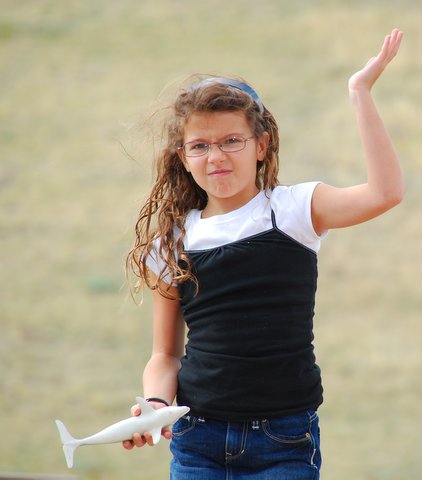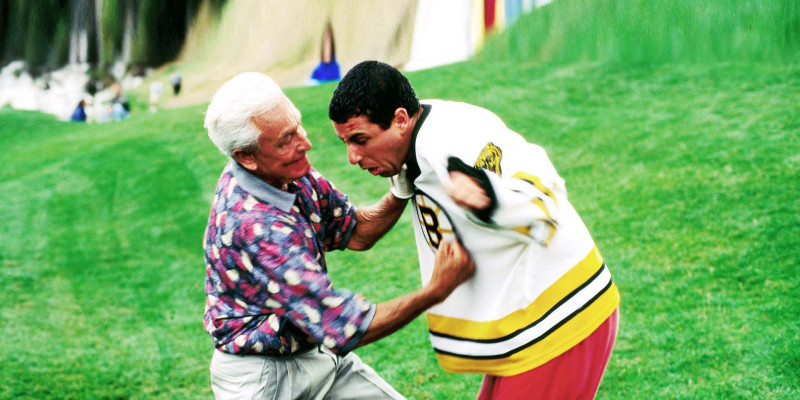
Have you ever noticed that if you speak harshly to your kids they will retort right back with the same tone and aggression? They do, or they will, depending on your tenure as a parent. I also realized a few years ago that my children were reacting to situations that didn’t go their way in a manner that concerned me, only to discover that I had taught them to do it.
Not only had I taught them to react poorly to unexpected outcomes through my own example, but when they did this I was compounding the problem because I would react to them reacting, and soon we were all yelling. The thing I have learned, and want to share with you over the next few posts is this:
Act. Don’t react.
What do you think of when I say the word ‘reactor?’ I think of a bomb! A Nuclear Bomb to be exact. The reactor is the part that is unstable, and very dangerous. I think of men in Haz-Mat suits and thick rubber gloves treading lightly because of the uncertainty of the condition of the core.

Does your family tread lightly, or walk on egg-shells when they speak to you because of the possibility of a hazardous situation? I am ashamed to say that there was a time where mine did. I thought that I needed to meet disobedience and backtalk with the proverbial “foot down” and address my children in a tone that showed who was boss. I realized, however, that I was exacerbating the problem because I was being an example of the opposite of how I wanted them to behave!
Act. Don’t react.
I have also heard it said, respond rather than react. In either phrase, the idea is to be thoughtful and intentional with your actions, rather than letting someone else dictate how you behave. Do you meet your children’s intensity, or do you set the intensity for the conversation? You, as the adult have a better understanding of where that level should be.
Another way of saying this is by using the cliché term “knee-jerk reaction.” If you look at the concept of this phrase, and its origin, you see what they call an “automatic response.” We’ve all been to the doctor to get a physical, and there is a point when he asks you to sit down with your legs hanging freely, he pulls out his little rubber hammer and gently taps the tendon below your knee. There is an immediate rising of the lower part of your leg. It’s a “knee-jerk.”

When I think of “knee-jerk” reaction, I see someone getting punched in the stomach, and their knees jerking up toward their face in a seizing of their abdomen because of the pain, pulling all the muscles together and thus “folding” that person in half like a table… and what is the response when someone punches you in the stomach? Anger. But remember, the concept here is to avoid the fighting, avoid the yelling, and edify your child(ren) because you are the adult.
The moments when your children actually punch you in the stomach are less than the moments these analogies are relevant. Your kids will fail. Do you explode when they do? It’s important for them to know that they can
In general, when we are diligent to disallow others from shaping our attitudes and actions we are setting a great example for our children who want so desperately to become adults. You can do it! Pray for the Lord to help keep you from “reacting” or “knee-jerking” because this only causes further problems.
